Home>Furniture & Design>Outdoor Furniture>What Is The Best Material For An Outdoor Shed
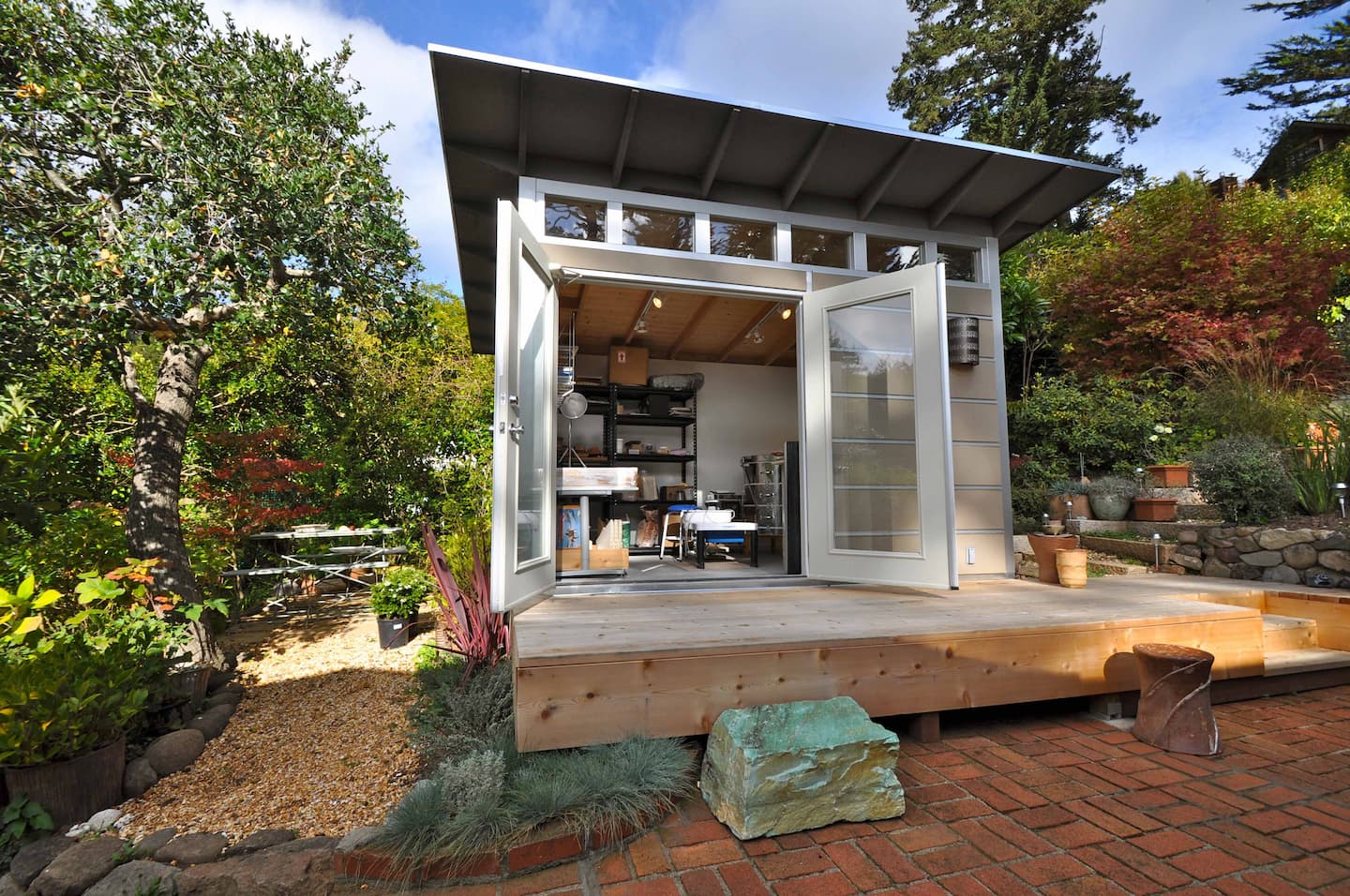

Outdoor Furniture
What Is The Best Material For An Outdoor Shed
Modified: January 19, 2024
Discover the best material for an outdoor shed and make the most of your outdoor space with durable and stylish furniture and design. Explore top tips and recommendations for outdoor furniture.
(Many of the links in this article redirect to a specific reviewed product. Your purchase of these products through affiliate links helps to generate commission for Storables.com, at no extra cost. Learn more)
Introduction
Welcome to the world of outdoor furniture and design! When it comes to creating the perfect outdoor space, there are many factors to consider. One essential element that often takes center stage is the outdoor shed. Whether you use it for storage, as a workshop, or a cozy retreat, the material of your outdoor shed plays a crucial role in its durability, maintenance, and overall aesthetics.
Choosing the best material for your outdoor shed can be a daunting task, but fear not! We’re here to guide you through the various options, shedding light on the unique characteristics of wood, metal, and plastic sheds. By the end of this journey, you’ll be equipped with the knowledge to make an informed decision that aligns with your specific needs and preferences.
Key Takeaways:
- Choose wood for a charming, customizable shed with natural insulation. Embrace regular maintenance for a timeless outdoor addition that aligns with eco-friendly practices.
- Opt for metal for a durable, low-maintenance shed with resistance to pests and decay. Enjoy fire resistance and modern design options for reliable outdoor storage.
Read more: How To Build A Roof For A Shed
Wood
When it comes to outdoor sheds, wood has long been a popular choice, and for good reason. Its natural beauty and timeless appeal can seamlessly blend with any outdoor setting, from rustic gardens to modern landscapes. Additionally, wood offers excellent insulation properties, keeping the interior of the shed comfortable regardless of the outside temperature.
One of the key advantages of wood sheds is their versatility. They can be easily customized and personalized to match your unique style and functional requirements. Whether you prefer a classic barn-style shed or a charming cottage-inspired design, wood can be crafted to bring your vision to life.
However, it’s important to consider the maintenance aspect of wood sheds. While they exude warmth and character, they require regular upkeep to protect them from the elements. Proper sealing, staining, and periodic inspections are essential to prevent rot, warping, and insect damage. With proper care, a well-built wood shed can last for decades, becoming a cherished part of your outdoor space.
Furthermore, the environmental impact of wood sheds is worth noting. Opting for sustainably sourced timber or reclaimed wood can contribute to eco-friendly practices, aligning with a conscious approach to outdoor design.
In summary, wood sheds offer a harmonious blend of aesthetics, customization, and insulation. While they demand ongoing maintenance, their timeless appeal and adaptability make them a compelling choice for those seeking a natural and customizable outdoor shed solution.
Metal
When durability and low maintenance are top priorities, metal outdoor sheds emerge as a compelling option. Typically constructed from galvanized steel or aluminum, metal sheds are renowned for their exceptional strength and resilience against harsh weather conditions. If you reside in an area prone to heavy snowfall, strong winds, or intense sunlight, a metal shed can provide reliable protection for your stored items and equipment.
One of the standout features of metal sheds is their resistance to pests and decay. Unlike wood, metal is impervious to termites, mold, and rot, offering peace of mind and long-term structural integrity. Additionally, metal sheds require minimal maintenance, as they do not demand regular painting, staining, or sealing to uphold their durability.
Furthermore, metal sheds are often lauded for their fire resistance, making them a safe storage solution for flammable items and equipment. This fire-retardant quality adds an extra layer of security, particularly for those storing valuable tools, chemicals, or machinery.
While metal sheds are celebrated for their practical advantages, some may argue that they lack the natural charm and warmth associated with wood sheds. However, modern advancements in design have led to a variety of finishes and colors, allowing metal sheds to complement diverse architectural styles and outdoor aesthetics.
In summary, metal sheds excel in durability, low maintenance, and resistance to pests and decay. Their robust construction and fire resistance make them an ideal choice for those prioritizing practicality and longevity in their outdoor shed selection. Whether you seek a sleek, contemporary design or a utilitarian storage solution, metal sheds offer a compelling array of benefits for outdoor enthusiasts.
When choosing the best material for an outdoor shed, consider using pressure-treated wood or metal. Pressure-treated wood is resistant to rot and insects, while metal sheds are durable and low-maintenance.
Plastic
Plastic outdoor sheds have gained popularity for their lightweight construction, easy assembly, and minimal maintenance requirements. Constructed from high-density polyethylene (HDPE) or polyvinyl chloride (PVC), these sheds offer a convenient and cost-effective storage solution for various outdoor needs.
One of the key advantages of plastic sheds is their resistance to rot, rust, and decay. Unlike wood and metal, plastic sheds are impervious to moisture, making them an ideal choice for humid or coastal environments. Their non-corrosive nature ensures longevity and structural integrity, even in challenging weather conditions.
Furthermore, plastic sheds are renowned for their effortless upkeep. They do not require painting, sealing, or special treatments to maintain their appearance and durability. A simple wash with mild soap and water is usually sufficient to keep a plastic shed looking pristine, making it an attractive option for those seeking a low-maintenance outdoor storage solution.
Additionally, plastic sheds are often designed with built-in UV protection, safeguarding them against sun damage and discoloration. This feature ensures that the shed retains its visual appeal and structural strength over time, even when exposed to prolonged sunlight.
While some may express concerns about the aesthetic appeal of plastic sheds compared to wood or metal options, modern advancements have led to a diverse range of designs and finishes. From simulated wood textures to contemporary styles, plastic sheds offer versatility in appearance, catering to a wide spectrum of outdoor design preferences.
In summary, plastic sheds offer a blend of durability, low maintenance, and resistance to moisture and UV damage. Their lightweight construction and easy assembly make them a practical choice for those seeking a hassle-free outdoor storage solution. Whether you require additional storage space for gardening tools, outdoor furniture, or recreational equipment, plastic sheds provide a convenient and resilient option for organizing and protecting your belongings.
Conclusion
As you explore the diverse landscape of outdoor sheds, it becomes evident that each material – wood, metal, and plastic – brings its own set of advantages and considerations to the table. The choice of the best material for an outdoor shed ultimately hinges on your specific needs, preferences, and the environmental factors at play in your location.
If you prioritize timeless aesthetics, customization, and natural insulation, a wood shed may resonate with your vision. Embracing the warmth and character of wood comes with the commitment to regular maintenance, ensuring that your shed remains a steadfast and charming presence in your outdoor space.
For those seeking unwavering durability, low maintenance, and resistance to pests and decay, metal sheds stand out as a reliable choice. Their robust construction and fire resistance make them an ideal solution for safeguarding valuable equipment and tools in various weather conditions.
Conversely, plastic sheds offer a blend of resilience, lightweight construction, and effortless upkeep. Their resistance to moisture, UV protection, and cost-effective nature make them a practical option for those prioritizing convenience and long-term durability.
Ultimately, the best material for an outdoor shed is the one that aligns with your unique blend of practical needs, design preferences, and environmental considerations. Whether you envision a quaint wooden cottage nestled in your garden, a sleek metal structure accentuating modern landscaping, or a resilient plastic shed harmonizing with coastal surroundings, the perfect outdoor shed material awaits to complement your outdoor oasis.
By delving into the distinct characteristics of wood, metal, and plastic sheds, you are empowered to make an informed decision that harmonizes with your outdoor lifestyle. As you embark on this journey, envision the possibilities that each material presents, and let your outdoor shed become a reflection of your personal style, practical requirements, and enduring passion for outdoor living.
Frequently Asked Questions about What Is The Best Material For An Outdoor Shed
Was this page helpful?
At Storables.com, we guarantee accurate and reliable information. Our content, validated by Expert Board Contributors, is crafted following stringent Editorial Policies. We're committed to providing you with well-researched, expert-backed insights for all your informational needs.
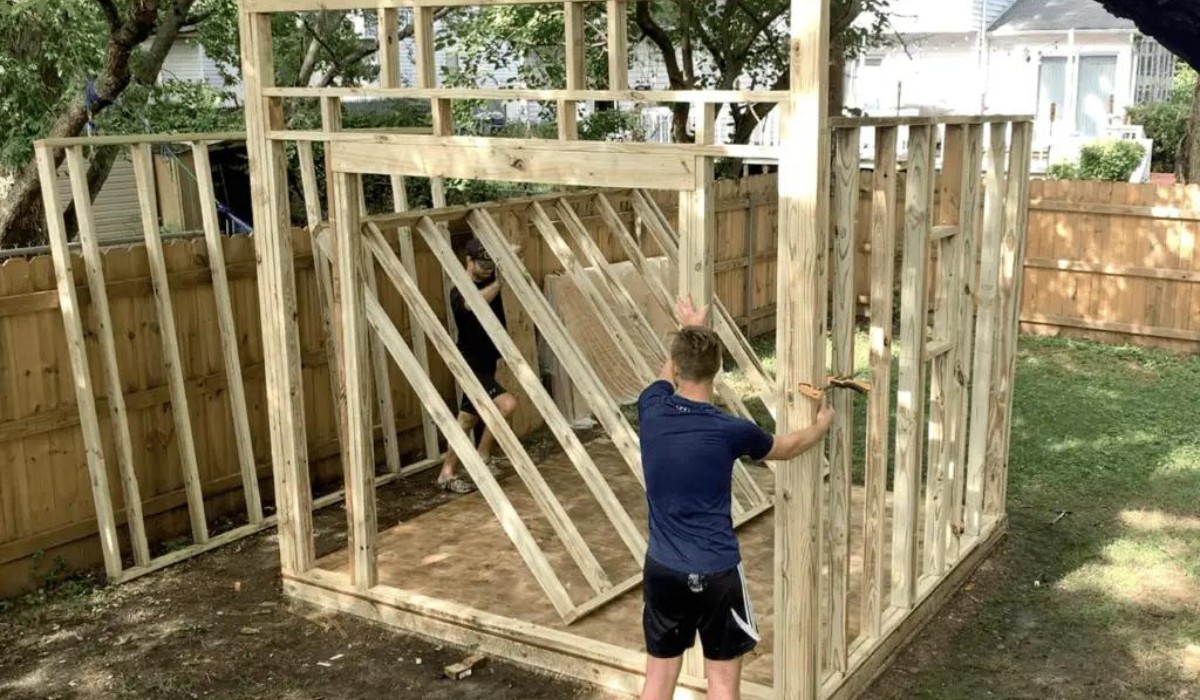
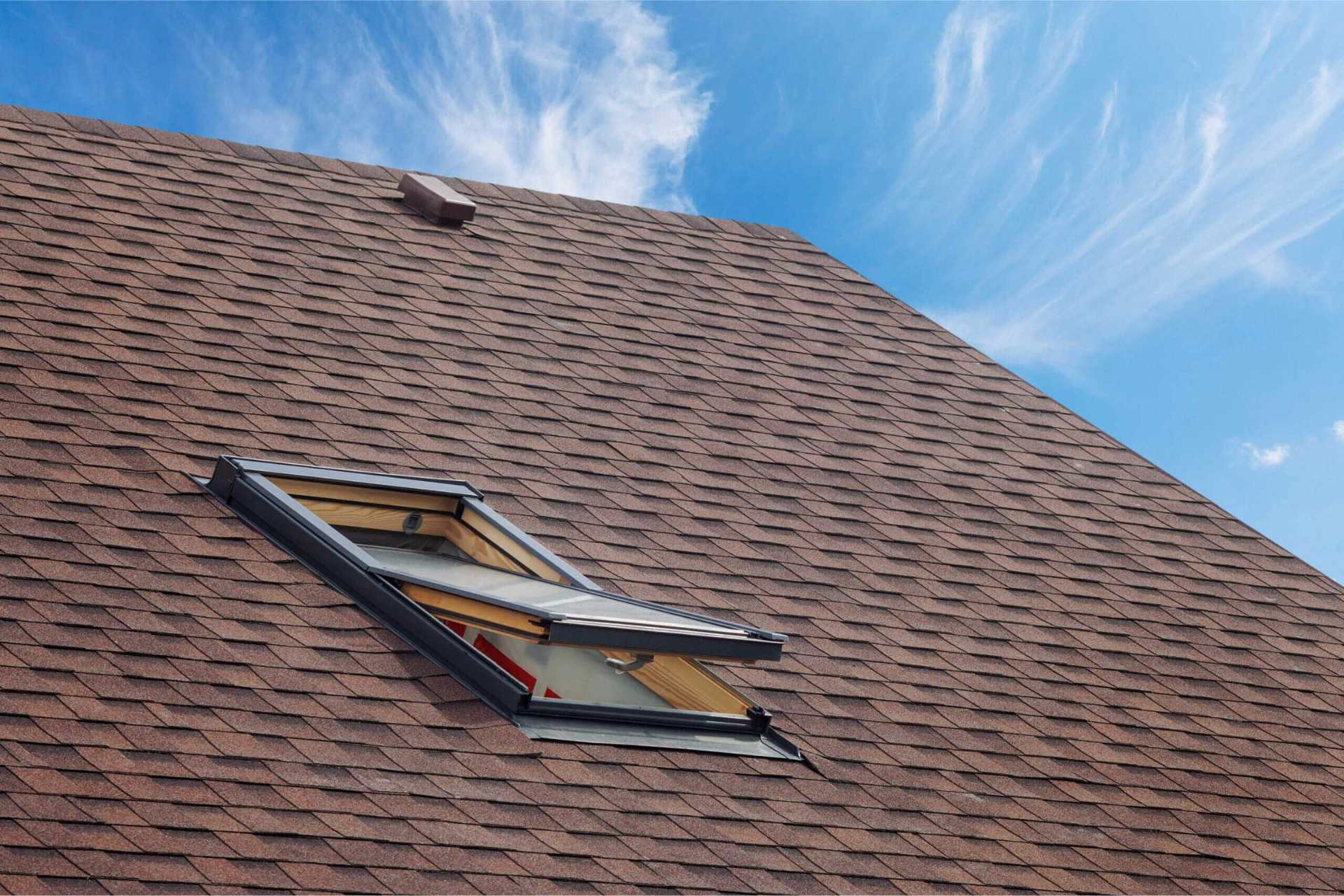
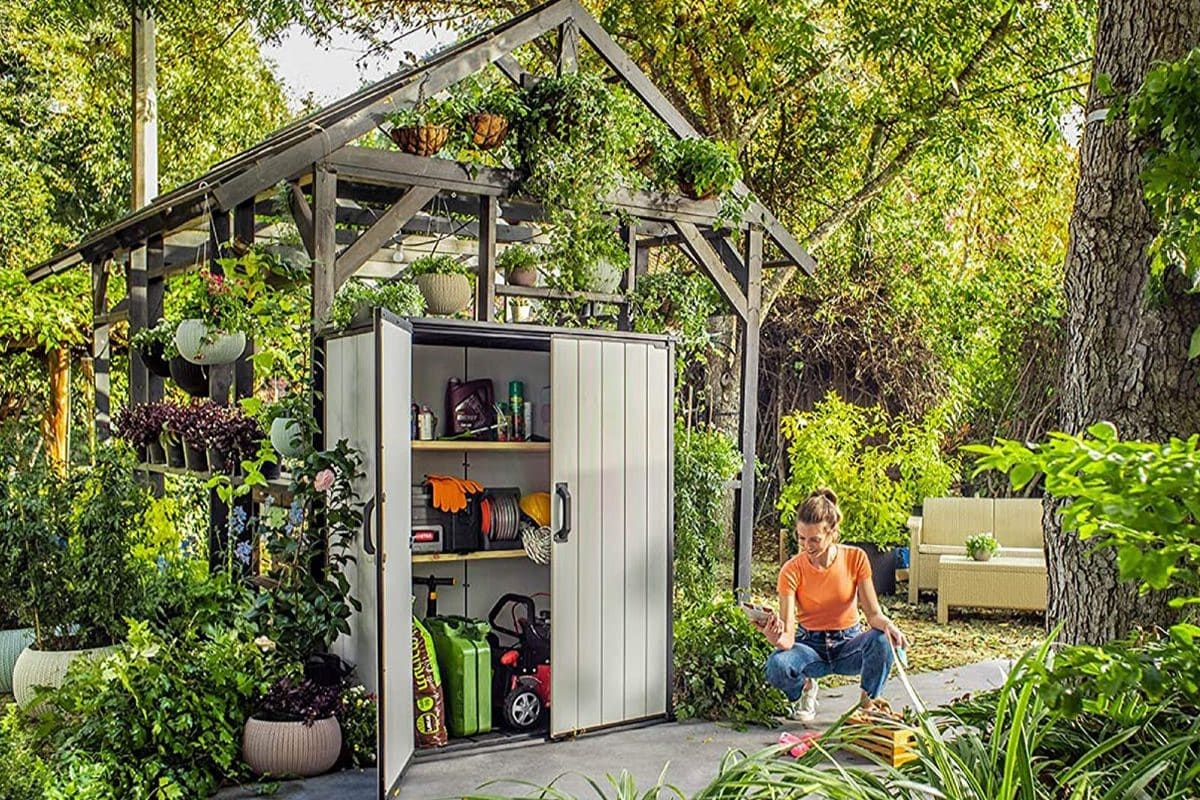
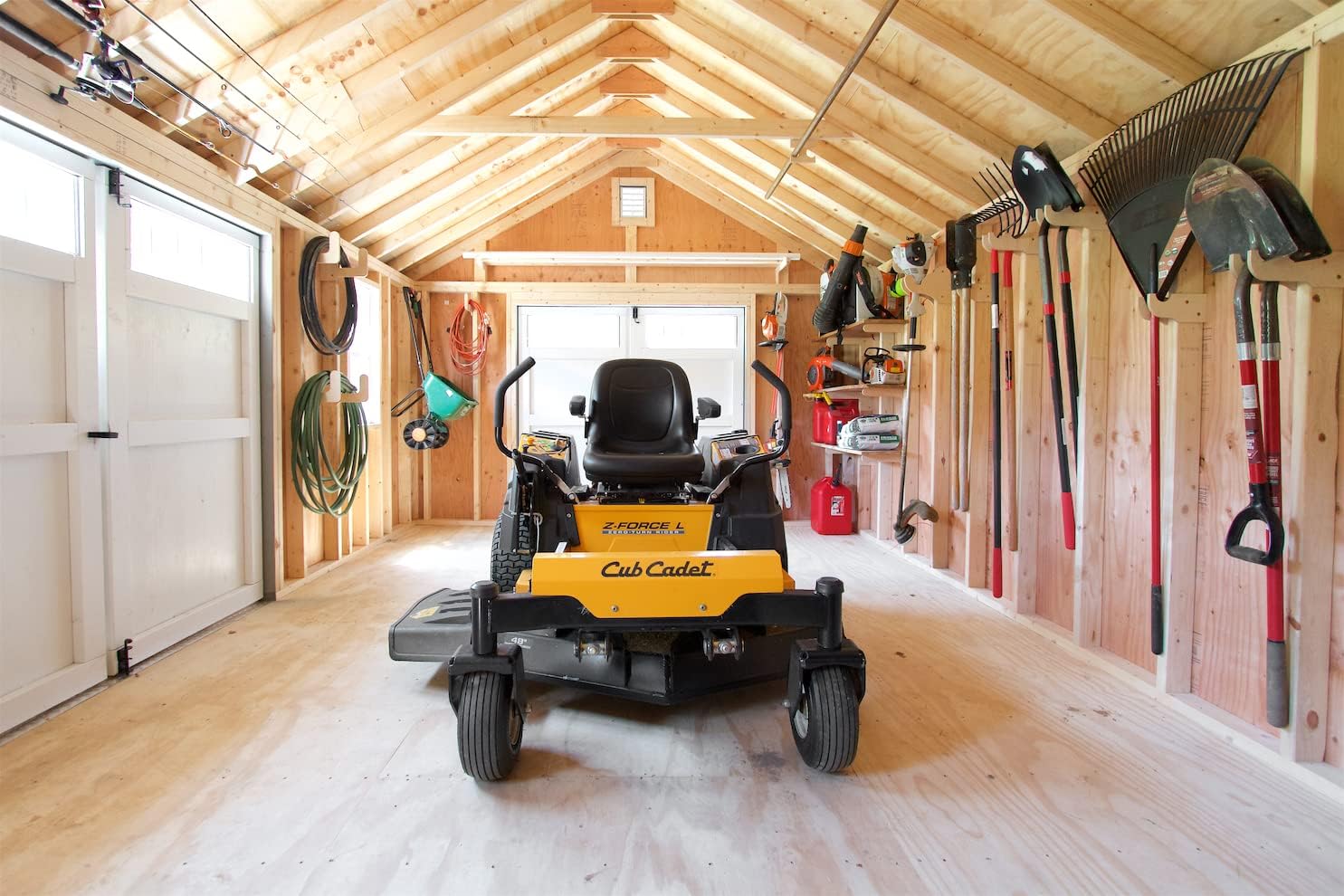
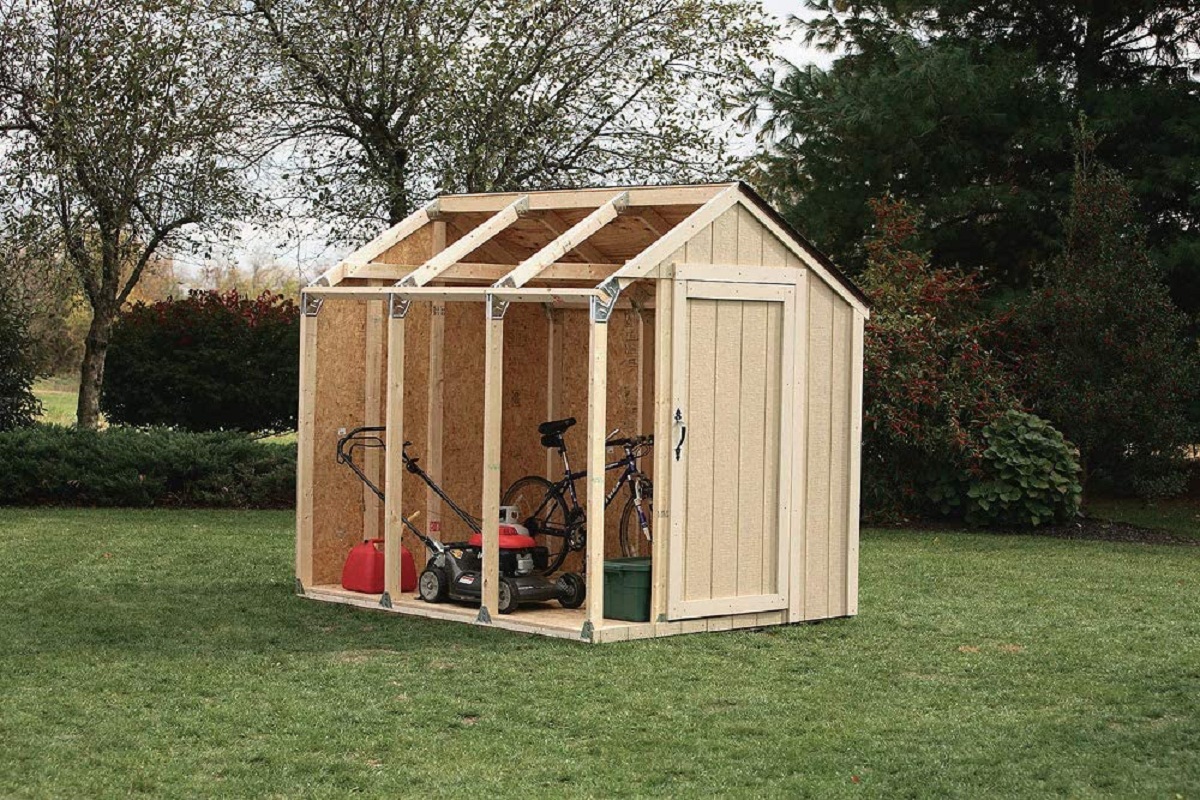
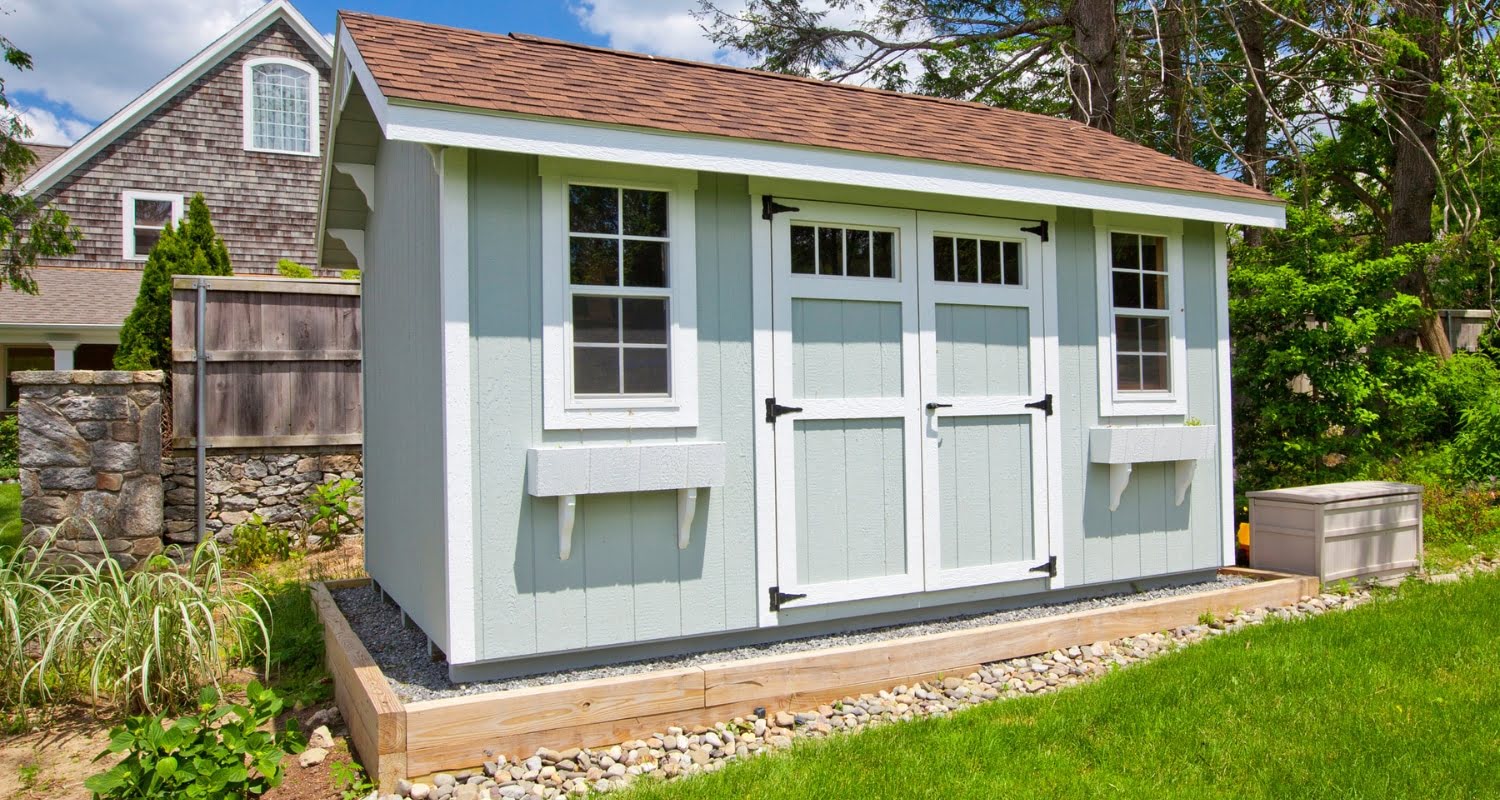
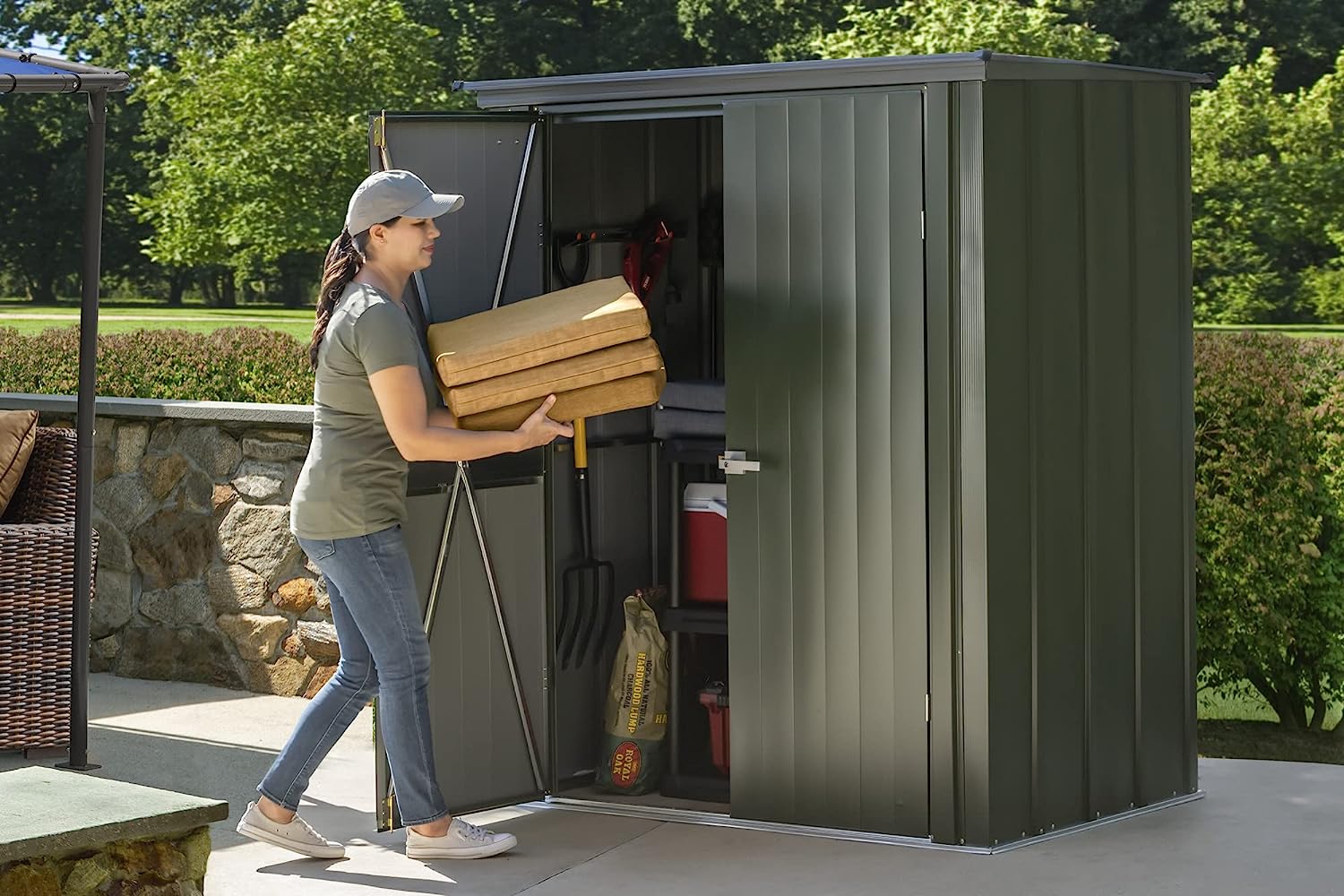
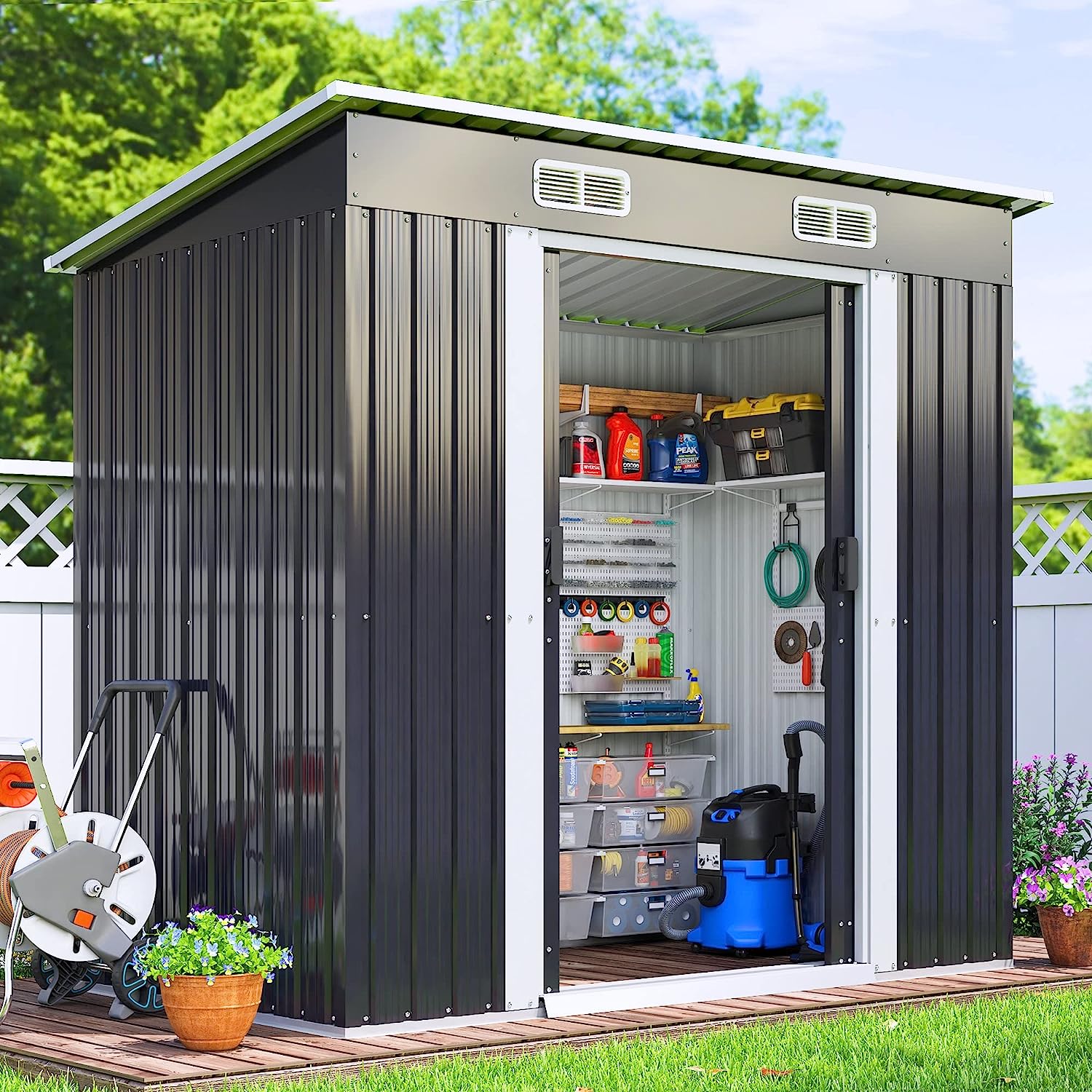
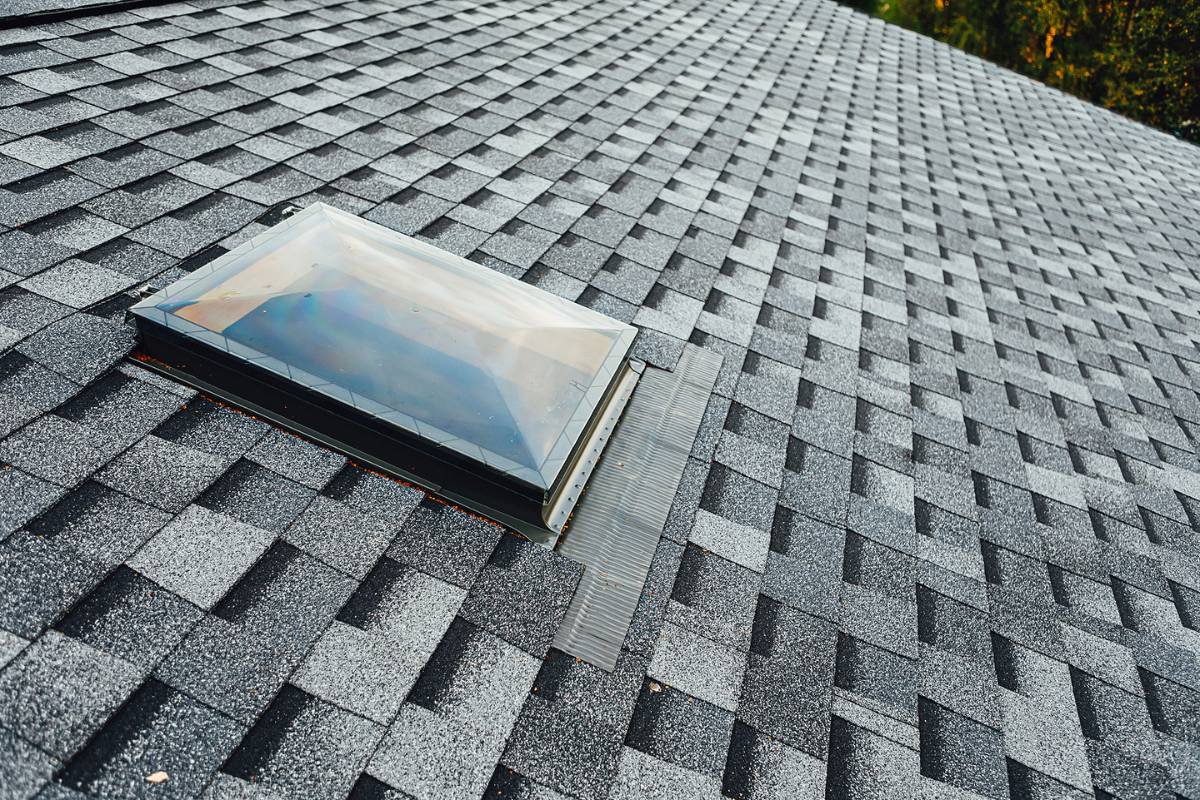
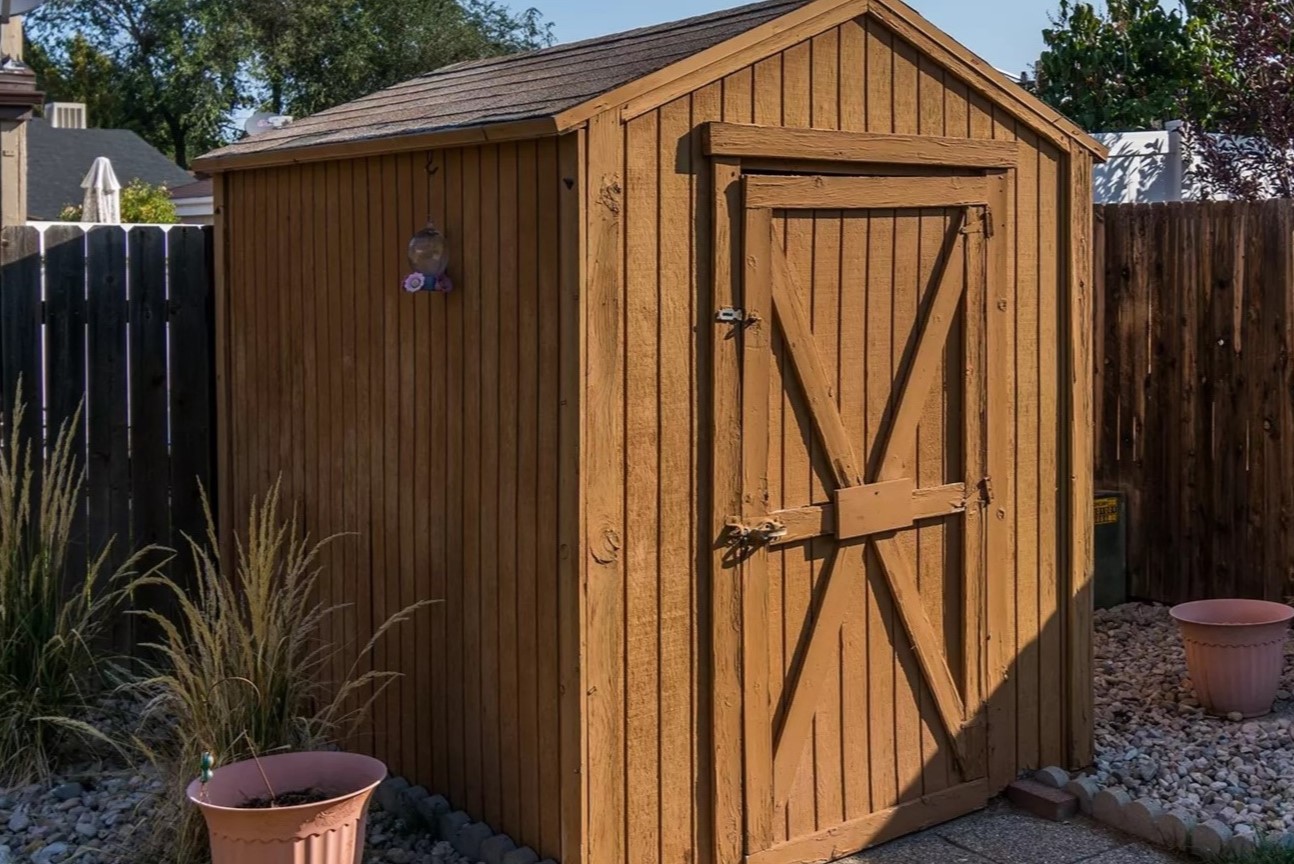
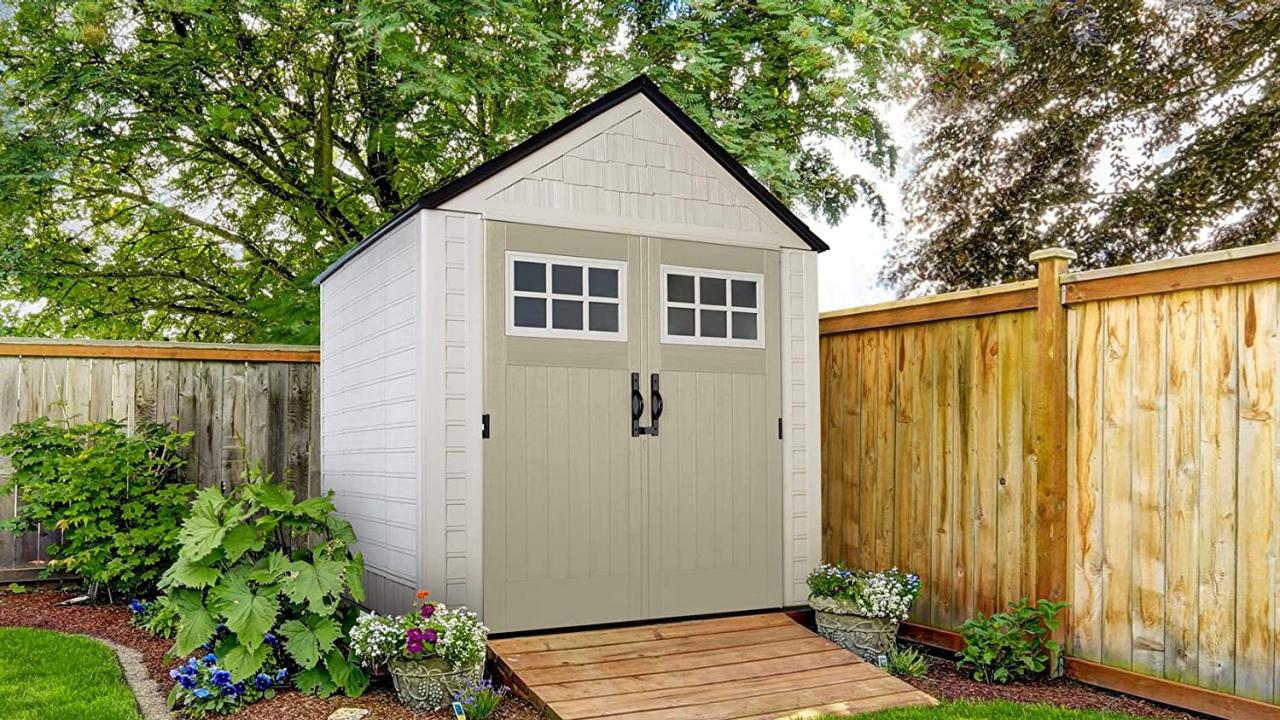
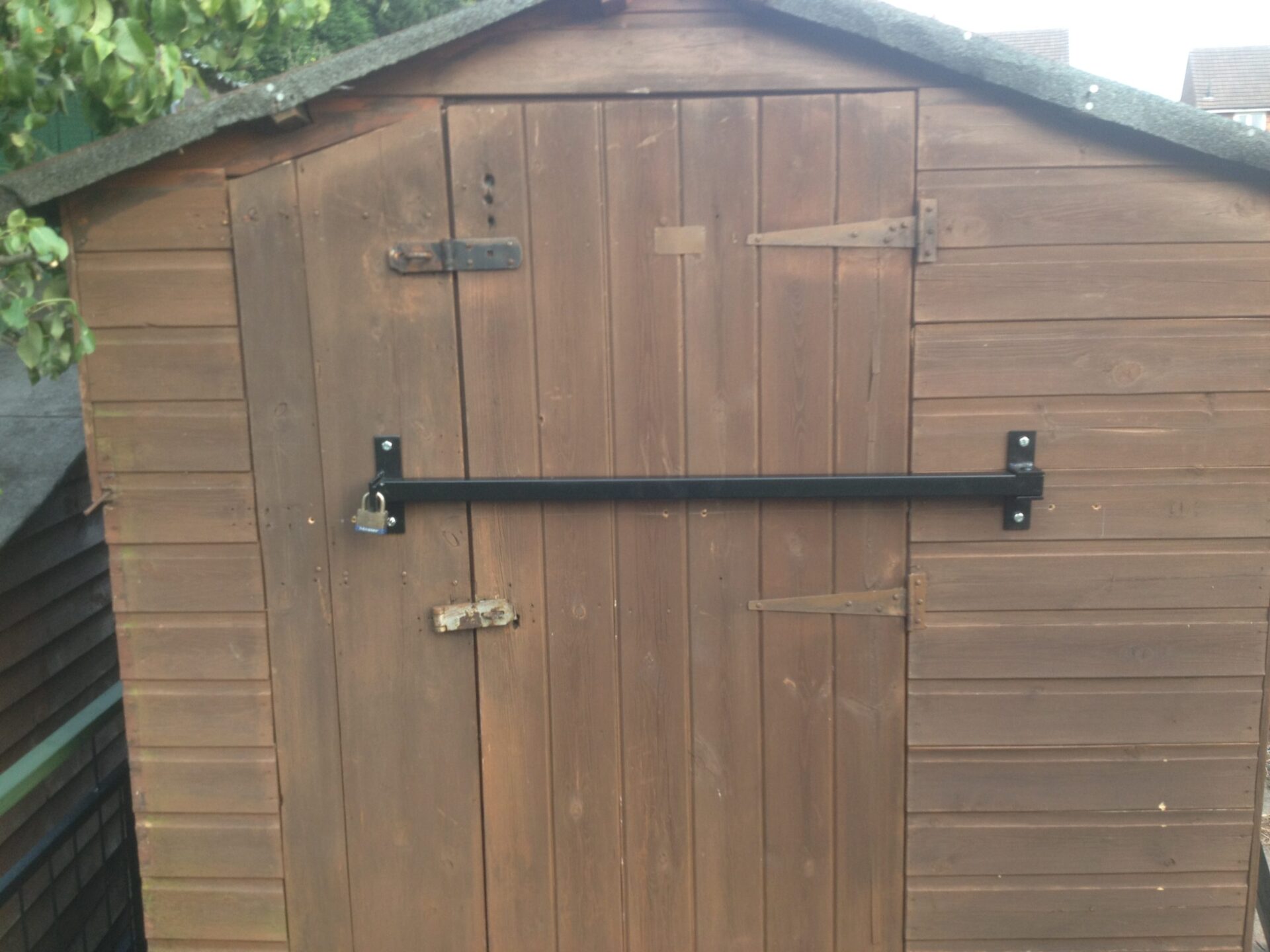
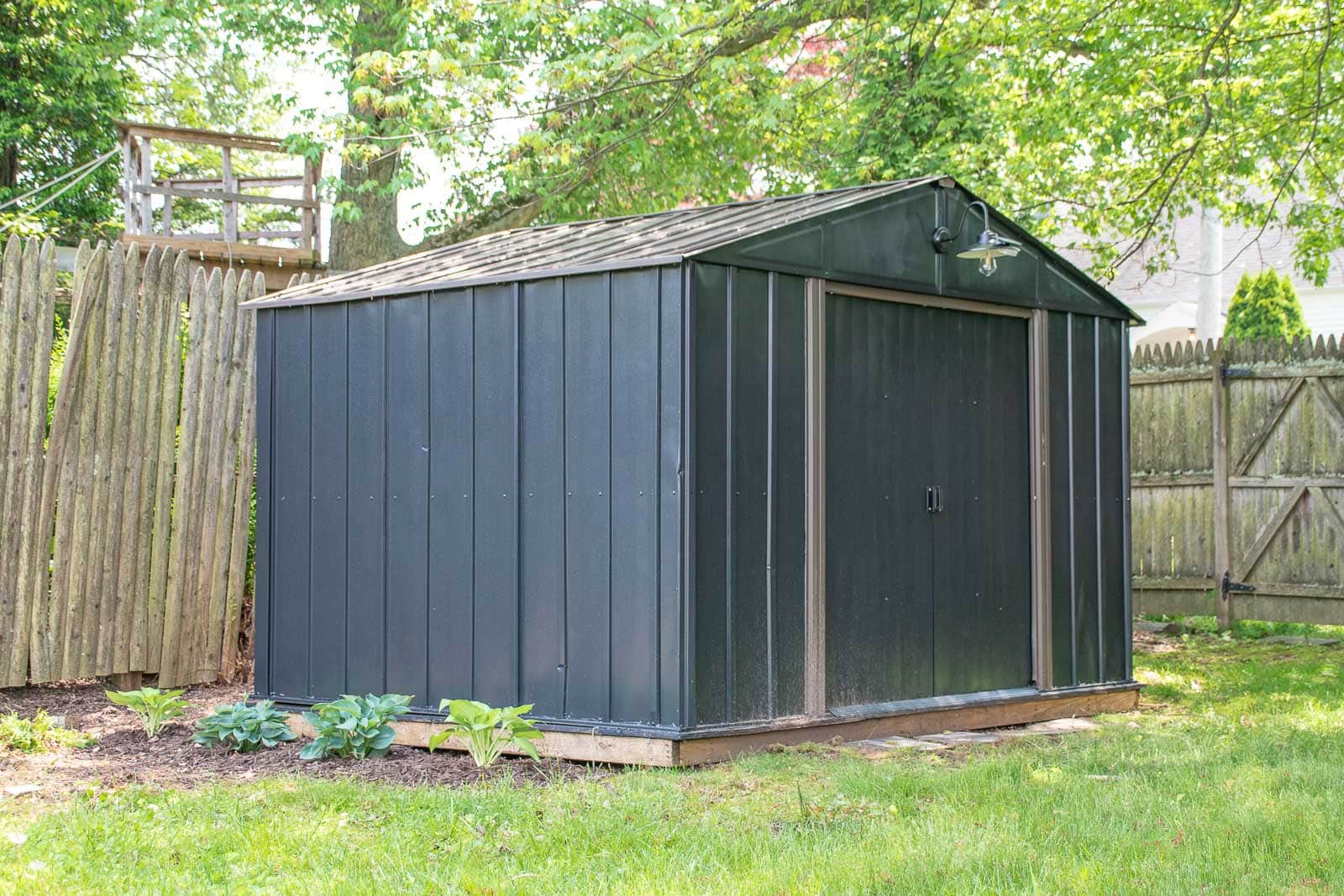
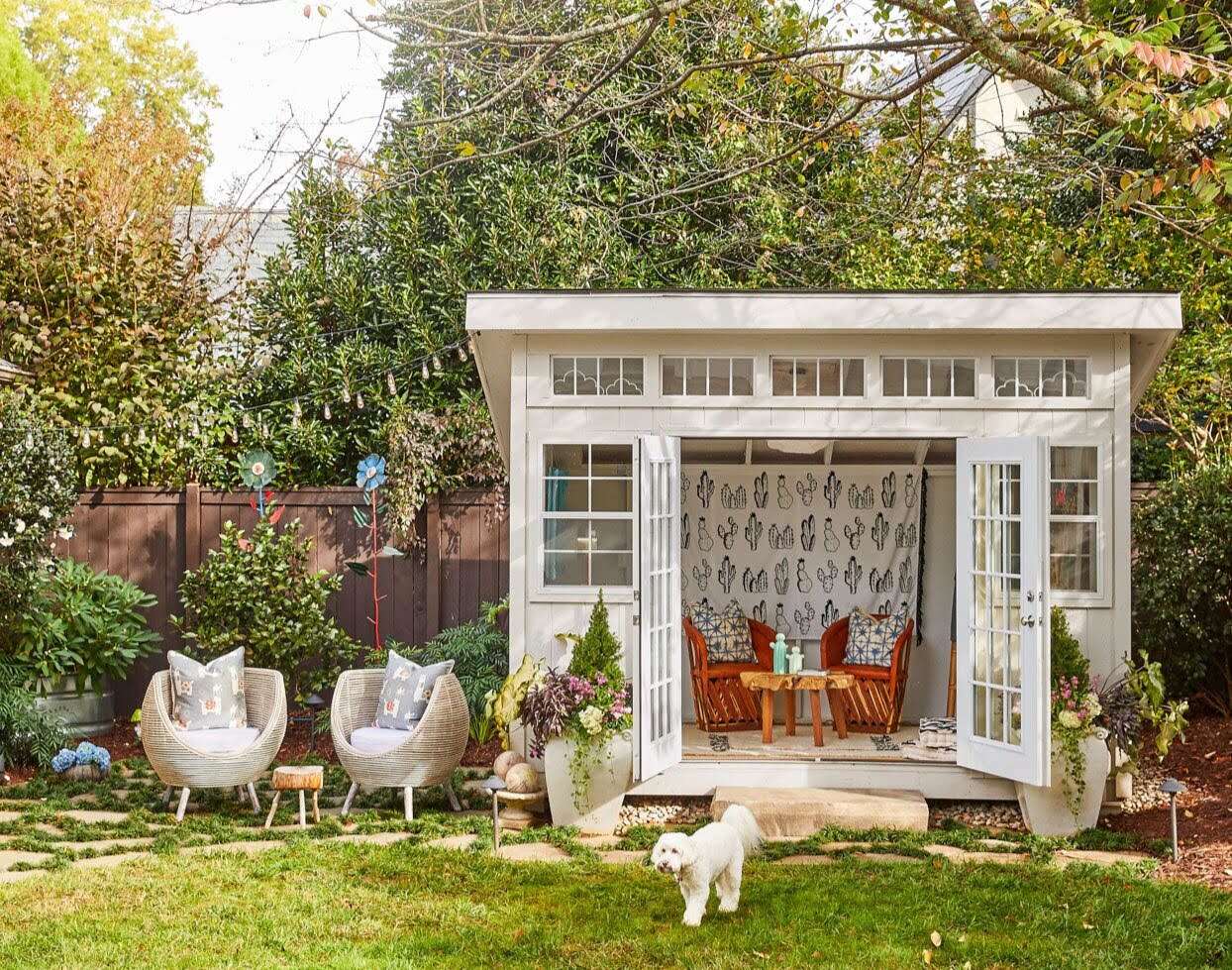
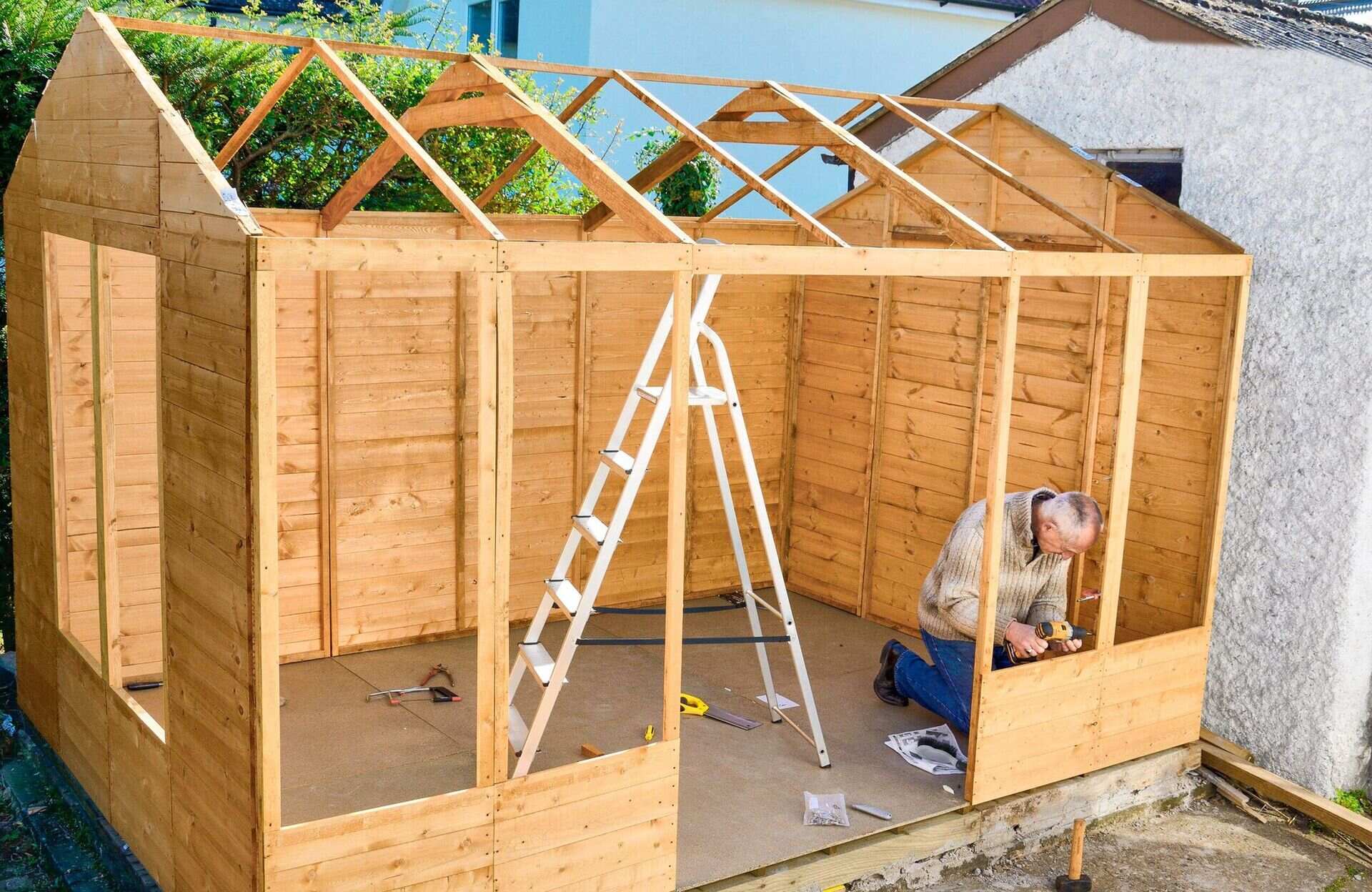

0 thoughts on “What Is The Best Material For An Outdoor Shed”